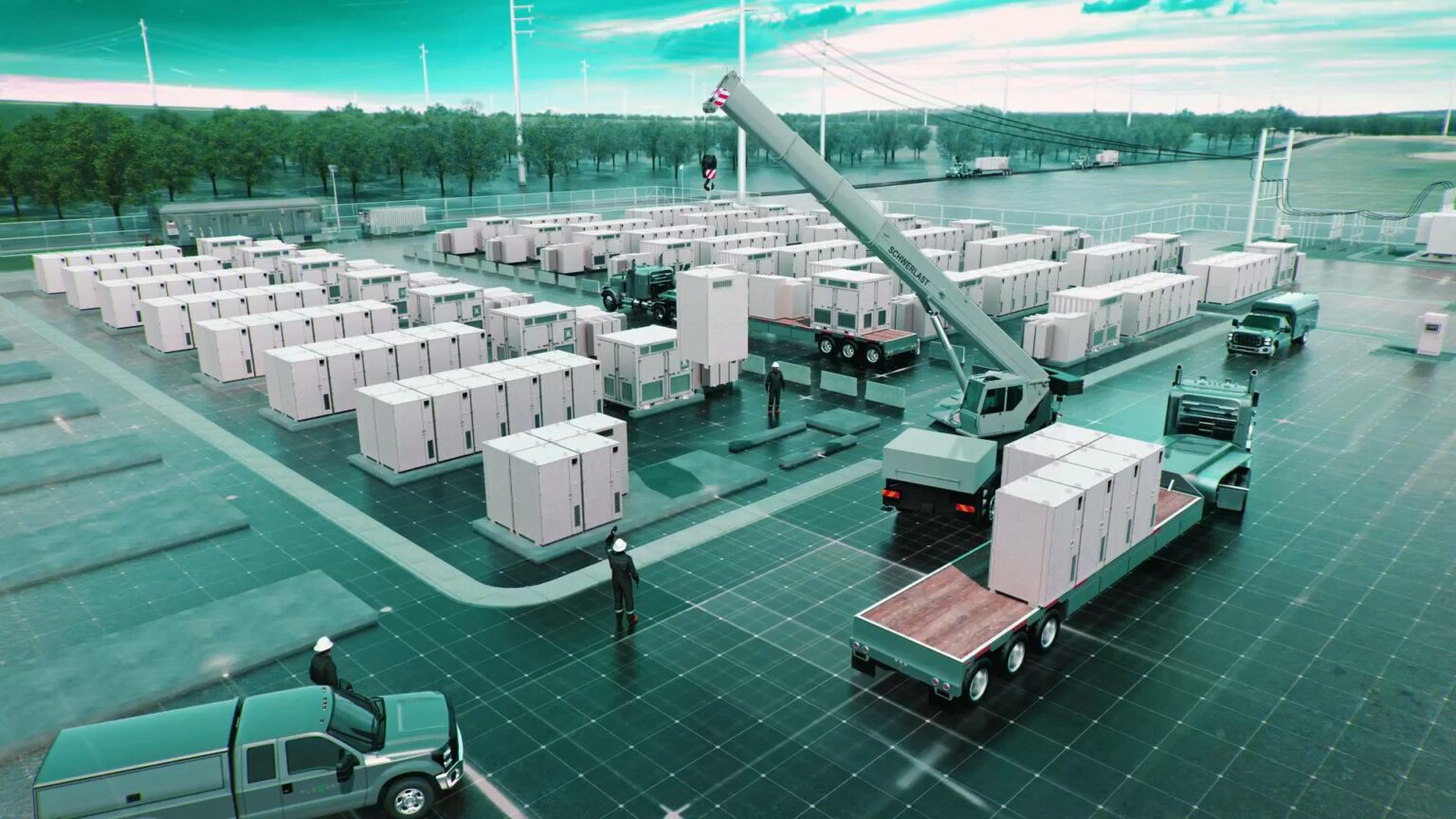Comprehensive Guide to Battery Energy Storage Systems (BESS)
Comprehensive Guide to Battery Energy Storage Systems (BESS)
Blog Article

In the modern energy management landscape, Battery Energy Storage Systems (BESS) have become crucial. These systems store energy from renewable sources such as solar and wind, providing a reliable and consistent power supply. This blog explores the basics, advantages, and different types of BESS, highlighting FlexGen's innovative solutions.
Understanding Battery Energy Storage Systems
A Battery Energy Storage System (BESS) is designed to store electrical energy for later use, playing a critical role in balancing electricity supply and demand within the power grid. By storing excess energy during low-demand periods, BESS ensures a stable energy supply by providing backup power during peak demand times.
How Battery Energy Storage Systems Function
Main Components of BESS
Battery Cells: The core units that store chemical energy and convert it to electrical energy when needed.
Battery Management System (BMS): Ensures the safety, efficiency, and longevity of the batteries by monitoring their condition and managing charging and discharging cycles.
Power Conversion System (PCS): Converts stored DC energy from the batteries to AC energy, making it usable by the grid or end-users.
Types of Battery Energy Storage
Different Battery Technologies
Lithium-Ion Batteries: Known for their high efficiency and long lifespan, these batteries have high energy density, making them ideal for portable electronics and electric vehicles.
Flow Batteries: Utilize liquid electrolytes to store energy, suitable for large-scale storage due to their scalability and long cycle life.
Lead-Acid Batteries: An older technology still in use for certain applications due to their reliability and lower cost.
Nickel-Cadmium Batteries: Durable and capable of operating in extreme temperatures, these batteries enhance the reliability of storage systems.
Benefits of Battery Energy Storage Systems
Key Advantages of BESS
Grid Stability: BESS helps maintain a consistent energy supply and mitigates disruptions by providing backup power and smoothing out energy supply fluctuations.
Integration with Renewable Energy: BESS efficiently stores excess energy generated during sunny or windy periods, integrating renewable energy sources seamlessly.
Cost Savings: Through energy arbitrage—storing energy when prices are low and using it when prices are high—BESS can lead to substantial energy cost reductions.
Environmental Impact: By reducing reliance on fossil fuels and supporting more renewable energy use, BESS promotes sustainability and lowers carbon emissions.
FlexGen's Enhancement of BESS Solutions
FlexGen leads the field with its advanced HybridOS platform, integrating AI-driven optimization, real-time monitoring, and Lead-Acid Batteries seamless renewable energy integration to deliver superior performance and reliability.
Practical Applications of BESS
Diverse Applications Across Sectors
Utility-Scale Storage: BESS solutions help utilities stabilize the grid, shave peak loads, and integrate renewable energy sources.
Commercial and Industrial Use: These systems optimize energy usage and ensure reliability for large operations, helping businesses manage energy costs and support sustainability goals.
Residential Use: Homeowners use BESS to store solar energy, provide backup power during outages, and reduce electricity bills.
Future Prospects in Battery Energy Storage
The future of BESS is bright, with ongoing advancements in battery technology and energy management systems. Innovations like solid-state batteries, which offer higher energy density and improved safety, are on the horizon. Additionally, AI and machine learning integration for predictive maintenance and optimization will further enhance BESS efficiency.
Frequently Asked Questions
What is the function of a Battery Management System (BMS) in BESS?
A BMS is crucial for ensuring the safety, efficiency, and longevity of batteries. It monitors their state and manages charging and discharging cycles to prevent issues such as overcharging, overheating, and deep discharge.
How does FlexGen’s HybridOS platform improve BESS performance?
FlexGen’s HybridOS platform enhances BESS performance through AI-driven optimization, real-time monitoring, and seamless integration with renewable energy sources, resulting in higher efficiency, better reliability, and cost savings.
What environmental benefits do BESS offer?
BESS supports increased use of renewable energy, reduces reliance on fossil fuels, and lowers greenhouse gas emissions, contributing to a cleaner and more sustainable environment.
Can BESS be used in residential settings?
Yes, BESS can be used in residential applications to store solar power, provide backup power during outages, and reduce electricity bills, allowing homeowners to maximize renewable energy use and increase energy independence.
What future trends are expected in battery energy storage?
Future trends include the development of solid-state batteries with higher energy density and improved safety, and the use of AI and machine learning for predictive maintenance and optimization, enhancing energy storage systems' efficiency and reliability.
Conclusion
Battery Energy Storage Systems (BESS) are pivotal in transitioning to a more reliable and sustainable energy future. They support renewable energy integration, enhance grid stability, and offer significant cost savings. FlexGen’s innovative solutions, particularly their HybridOS platform, exemplify the potential of advanced BESS in modern energy management.
Investing in battery energy storage is a step towards a greener, more efficient, and resilient energy landscape. As technology evolves, BESS will play an increasingly vital role in meeting our energy needs sustainably.